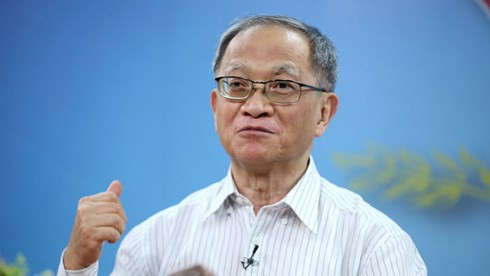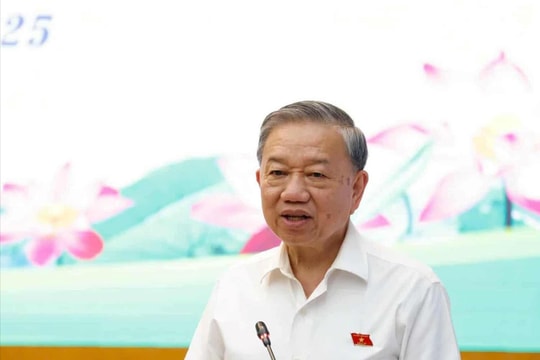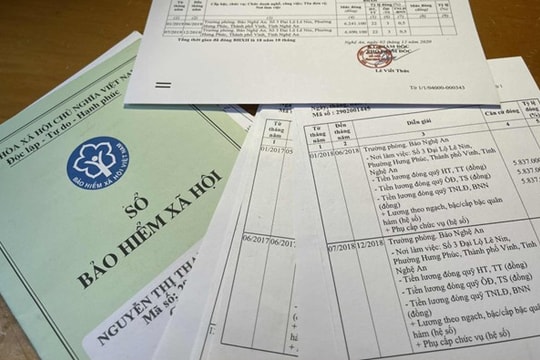To increase salaries, it is necessary to remove 30% of current civil servants from the system.
To increase salaries for civil servants, it is necessary to reduce the number of people receiving salaries from the budget, and at the same time cut spending on associations that are not on the state payroll.
Discussing the issue of salary increase according to Resolution No. 27-NQ/TW (of the Party Central Committee, dated May 21, 2018), economic expert, Dr. Le Dang Doanh said: "Current salaries do not meet the needs of the majority of civil servants, and at the same time do not create motivation for civil servants in the working process, so there is a phenomenon of negative extortion and additional cost demands. Therefore, salary reform is an urgent issue."
According to Dr. Le Dang Doanh, salary reform should be implemented sooner, however, “better late than never”. In particular, Dr. Doanh emphasized that this reform will not be successful if the current cumbersome apparatus continues to be maintained.
|
| Economist, Dr. Le Dang Doanh. (Photo: KT) |
This expert commented that the number of staff in the State apparatus is currently too large, exceeding the budget's ability to meet it. To solve the problem of salary increases in the public sector, it is necessary to first streamline the staff.
“Currently, we have about 30% excess civil servants, many of whom are children of high-ranking officials, relatives, and friends who cannot do their jobs, and whose direct superiors cannot control them. This is something that needs to be overcome, requiring very high political determination to remove these people from the system,” Dr. Doanh pointed out.
Resolution No. 27-NQ/TW sets a target that by 2021, the lowest salary of cadres, civil servants and public employees will be equal to the average lowest salary of regions in the business sector.
By 2025, the lowest salary of cadres, civil servants and public employees will be higher than the average lowest salary of regions in the business sector.
Many opinions say that it will be difficult for Vietnam to achieve this goal when the gap between the lowest salaries in the public sector and enterprises is still quite large, at 1.39 million VND/month and 2.8 million VND/month.
Analyzing further on this issue, Dr. Doanh said that whether or not the proposed roadmap is achieved depends on the budget situation.
“If we maintain the current payroll and increase salaries, the budget will certainly not be able to meet the demand. However, printing money to cover salaries will lead to inflation, which is impossible. Therefore, we need to reform the apparatus and reduce the number of civil servants receiving salaries by 30-40%. At the same time, we must cut expenses for associations that are not on the public payroll. Associations are not groups of civil servants, so they need to be separated and clear.
We need to reform the budget according to Resolution 07 of the Politburo in 2016. This includes reducing expenditure, practicing thrift and closely monitoring budget spending. If we can do that, combined with ensuring revenue sources, the salary reform project will be feasible,” Dr. Doanh said.
Besides, this doctor also said that the implementation of current revenue sources has not been fully implemented. There are many illegal revenues, but when they go into the State budget, they are very low.
“For example, the household economic sector accounts for 33% of GDP, but contributes less than 1% to the budget revenue. Therefore, there needs to be reforms in revenue collection.”
Dr. Doanh emphasized that increasing revenue needs to be associated with reducing expenditure, on that basis gradually reforming the current wage policy.
With many new points, suitable to reality, this salary reform policy is expected to improve the lives of civil servants, increase efficiency and labor productivity./.









